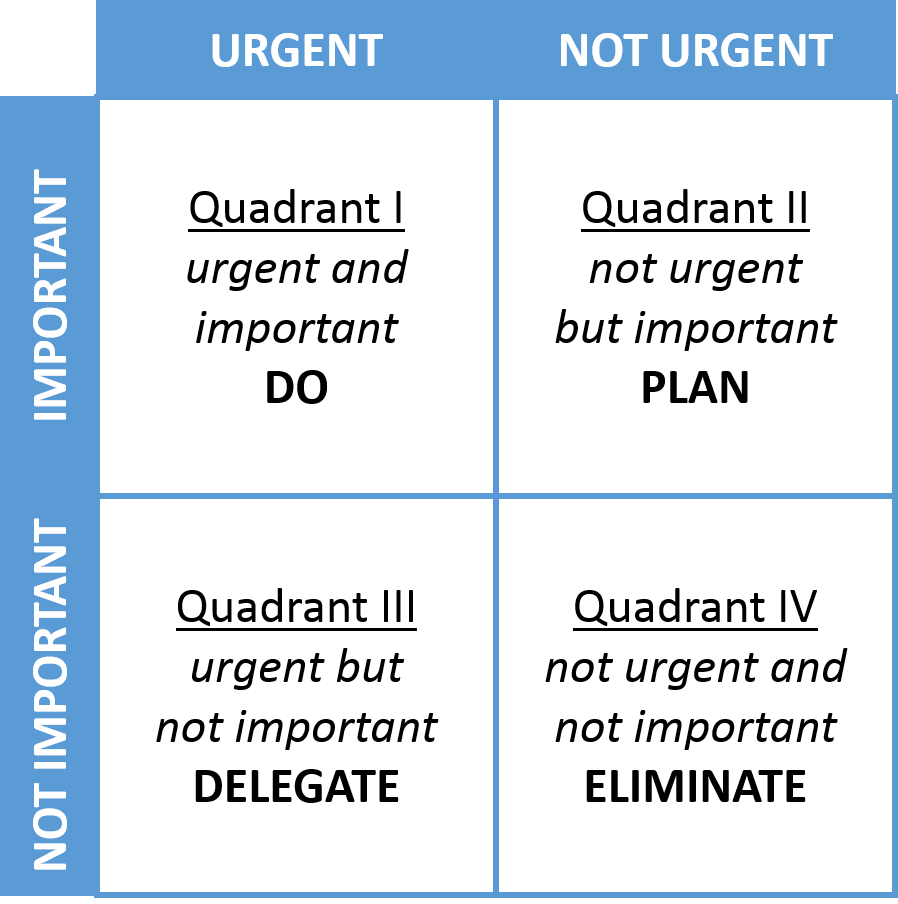Senthil Arivudainambi
VP of Engineering and Product at Walker & Company
October 05, 2020 · #distributed-teams #health-tech
Hello! What's your background and what do you do?
I’m the VP of Engineering and Product for Walker & Company Brands. I lead a globally distributed team of engineers; we are responsible for the two brand websites: https://getbevel.com and https://formbeauty.com. My responsibilities include setting a strategy for the Direct-to-Consumer (DTC) business, upkeep of the sites, and developing new features to meet business goals.
Walker & Company is a health and beauty company for people of color; it started as a DTC business in 2013 and has since expanded to Target, Walmart, and other retailers. It was acquired by PG in Dec 2018 and is part of the PG beauty portfolio.
I started my career as founder of twitlens back in 2009. My then college friend/business partner and I were trying to piggyback on twitter.com's success to build a photo and video sharing site. I had no clue what I was doing; it was a lot of fun, but I eventually had to pay the bills. After a few freelance jobs here and there and a short stint at an ad agency, I took three months off to attend Recurse Center, a programmers’ retreat in NY. The retreat is when I stopped being someone who wrote code and started calling myself a developer. It gave me the confidence and the tools to take on any technical challenge.
After Recurse Center, I got a job at Koding, where I learned the ins and outs of payments, filesystems, fraud, etc. And then to my current position at Walker.
My first experience with computers was playing Raptor: Call of Shadows on my neighbor’s computer. I vaguely remember learning C & C++ in 7th grade. That experience put me off programming until I watched Railscasts and discovered the magic of the 15-minute blog.
How was your transition from software development to management like?
My first time as a lead engineer was at Koding. I was working on an important project and needed help, so I borrowed an engineer from another team. We were a small startup and a flat organization, so the transition happened organically as I took on more responsibilities. One mistake a lot of people make is they wait till they are asked to do something. You don’t need a title to take the initiative, mentor others.
At Walker, I became the head of engineering when my boss left. Thankfully I had great colleagues who helped me navigate the transition and succeed in my new role. Changes can be dangerous times, which is why it’s essential to have relationships in your team and support from outside your immediate team members. It would help if you built those relationships before. Same advice as before, you don’t need to hold the leader title to interact with colleagues outside your team.
What does your day-to-day work look like, and what motivates you to do it every day?
I juggle many different roles in my current position, which in most companies are full-time jobs in themselves. A typical week involves thinking about the business strategy, collaborating with other external team members to come up with stories, and working closely with the engineering team.
There are days where I do nothing but code, but those days are getting rarer. It’s essential to be able to jump in and write code when required. Not to mention this will help you understand the pain points, so when an engineer complains about current architecture, you can evaluate for yourself.
My role is part coming up with the strategy, part executing it, and part cheerleading. You can have the best approach, but if your team isn't motivated to achieve it, you're dead in the water.
My biggest motivation from the start of my career is to solve problems. Sometimes those problems are technical, sometimes people, other times they are bureaucracy. The first one is usually the most fun.
What are the biggest challenges you've faced so far? What did you do to overcome them?
The biggest challenge is juggling the many hats I’m required to wear. I have been at startups all my career, so this isn’t new; it’s just on a different level at my current role. And that’s what makes it fun.
There is this notion of ‘technical challenges are easy, people challenges are hard.’ That hasn’t been true in my experience. Perhaps I’m lucky enough to have colleagues that aren’t ‘challenging.’ The preconceived notion shouldn’t stop you from pursuing a role that involves people management. It’s a skill like any other that you can learn with experience.
I try to organize my day using Eisenhower Quadrant. As the public face of your team, you will be bombarded with requests from other teams. It’s important to make a deliberate effort to work on the important things that will make a difference in the long run.

What has been the biggest surprise so far? Something you didn't expect?
It is a journey to understand what best practices will work for your team. There's no single silver bullet that will work for all groups, no matter what each methodology says.
What's the best advice you've received about being a manager?
In the beginning, I mostly imitated my previous managers and tried to avoid their downsides. Over time I developed my own identity as a manager. There were a few books that helped me: The First 90 Days, The Manager's Path, What Got You Here Won't Get You There.
I was fortunate to have great managers who cared about me, demanded the best, and gave me the tools to achieve them.
The advice I would give is to be deliberate in how you manage. Stay away from blog posts about management and go directly to classic books. And find mentors who can help you; at times, I have emailed strangers for advice who have been kind enough to reply.
What do you tell developers who are considering making the switch or new to the role?
What made you successful in your current role won’t necessarily be the same characteristics that the new position requires. In some areas, you will be starting from square 1, and you will make mistakes.
Becoming a manager can be very fulfilling, but it’s not for everyone. Luckily more and more companies have a separate track these days for ICs who don’t want to go down the management route.
Try not to over-identify with your new role or any role. My identity for a long time was built around having a successful career. While this made for a quick career ladder climb, it had a lot of downsides.
Final call to action! Where can we go to learn more about you?
https://sent-hil.com is my website, which I update infrequently. I used to post my hobbies on Instagram here, but not feeling very cozy about Facebook. I love meeting new people and am also looking to mentor fellow engineers level up in their careers.
